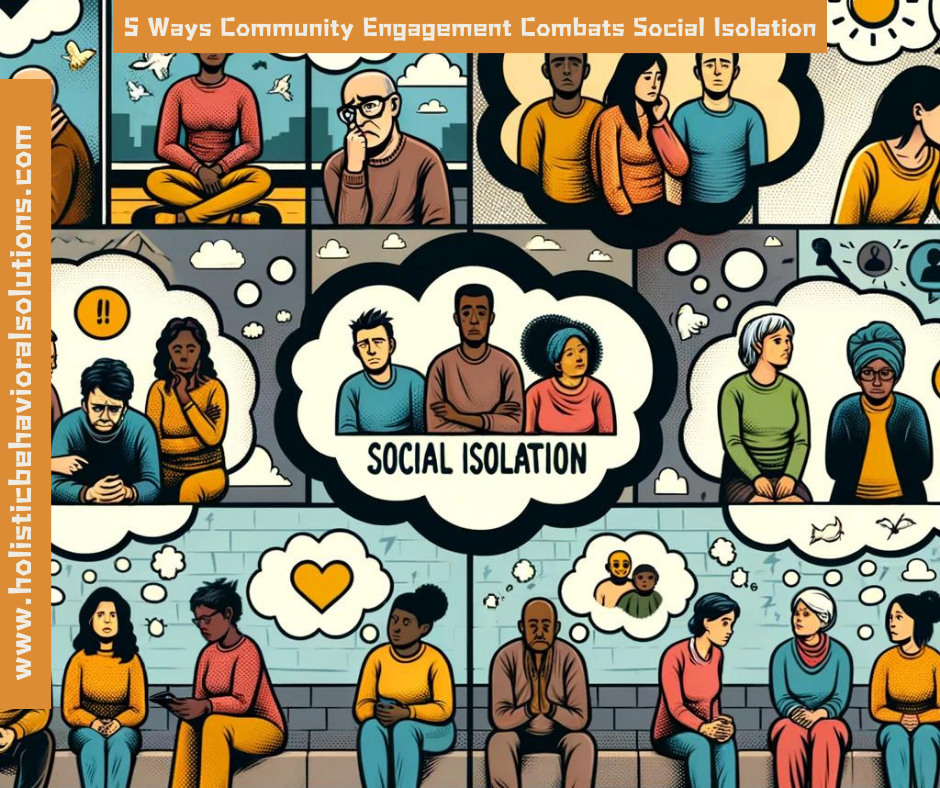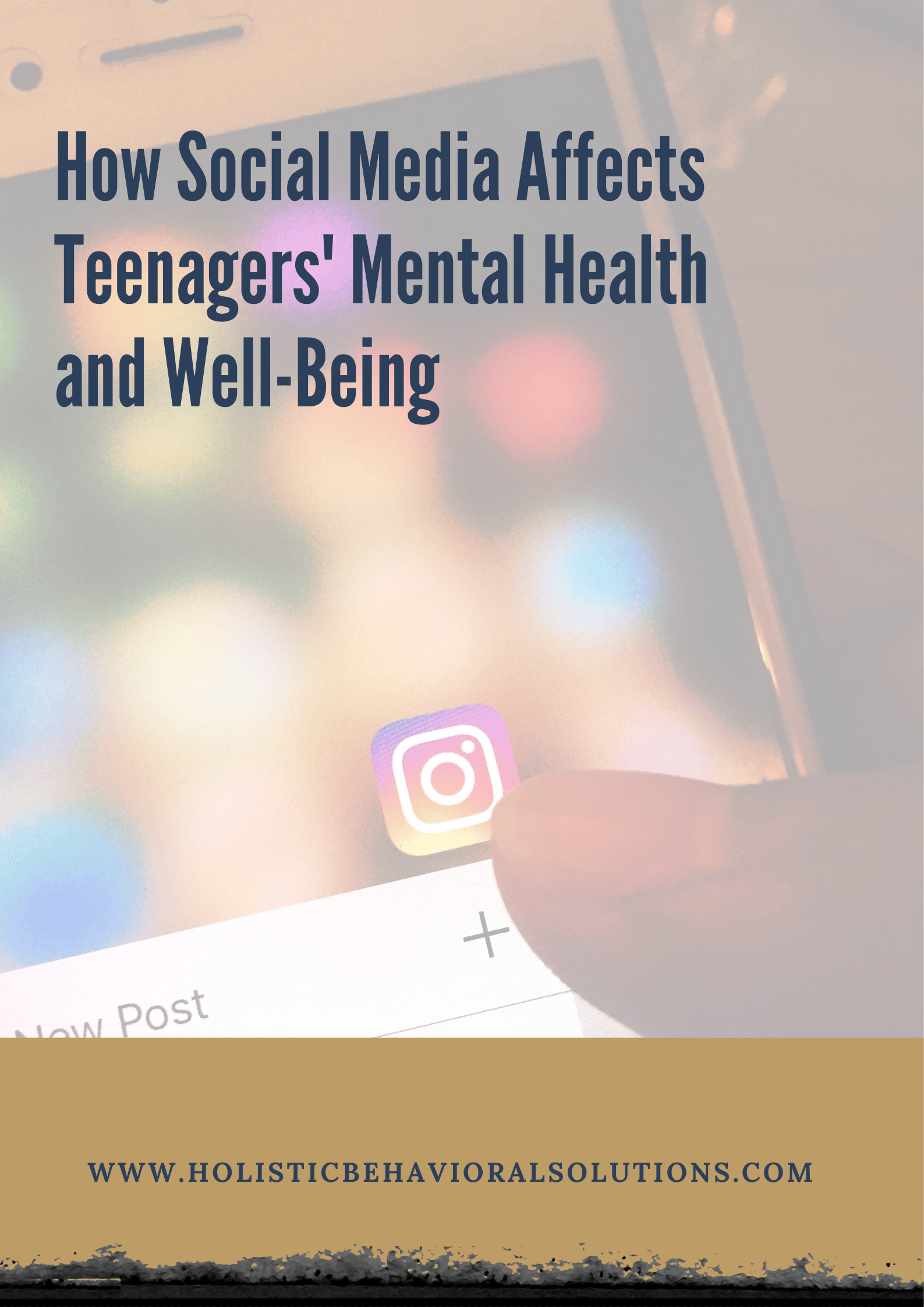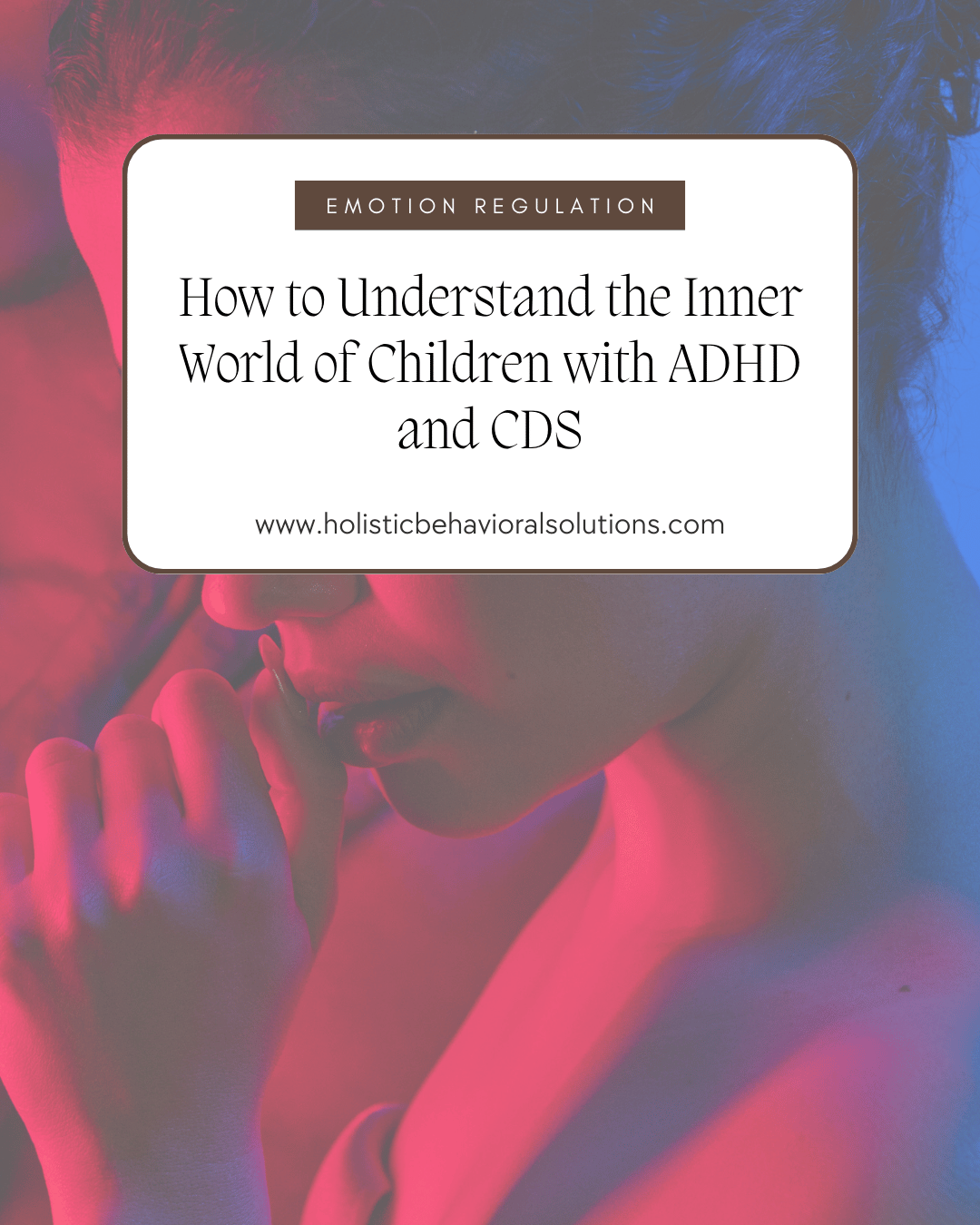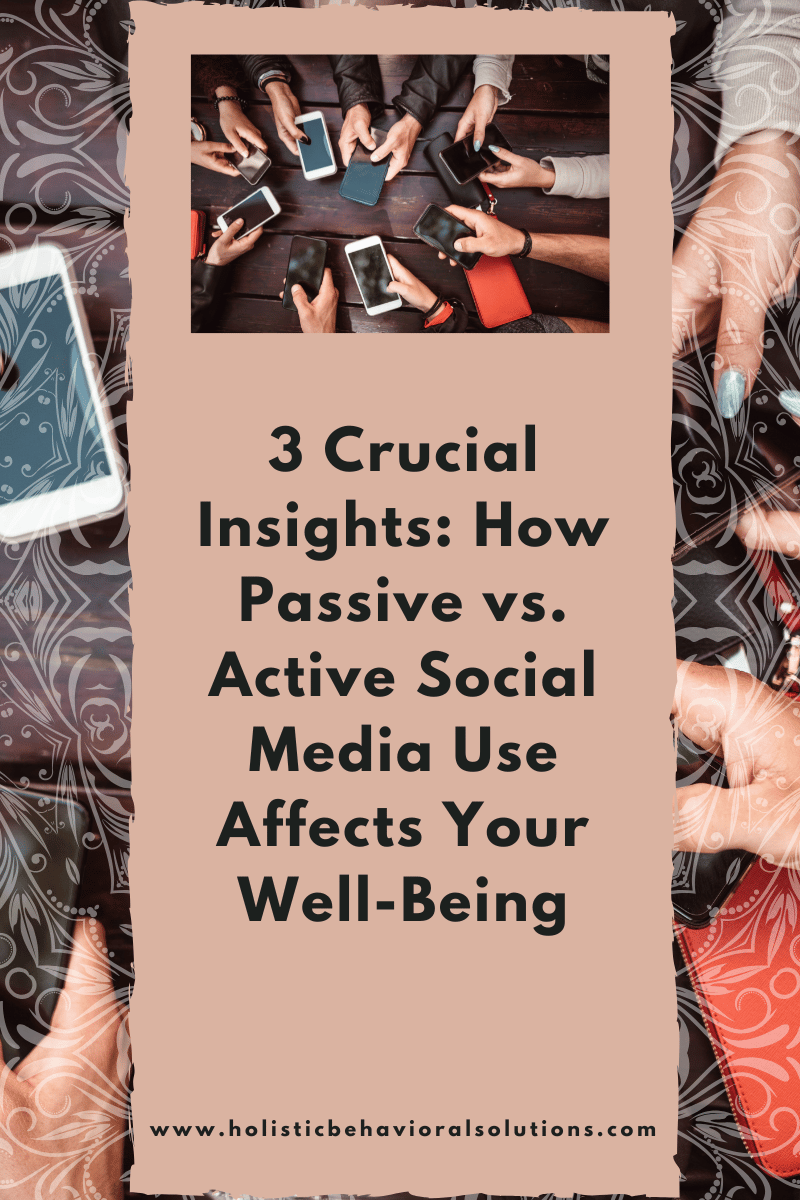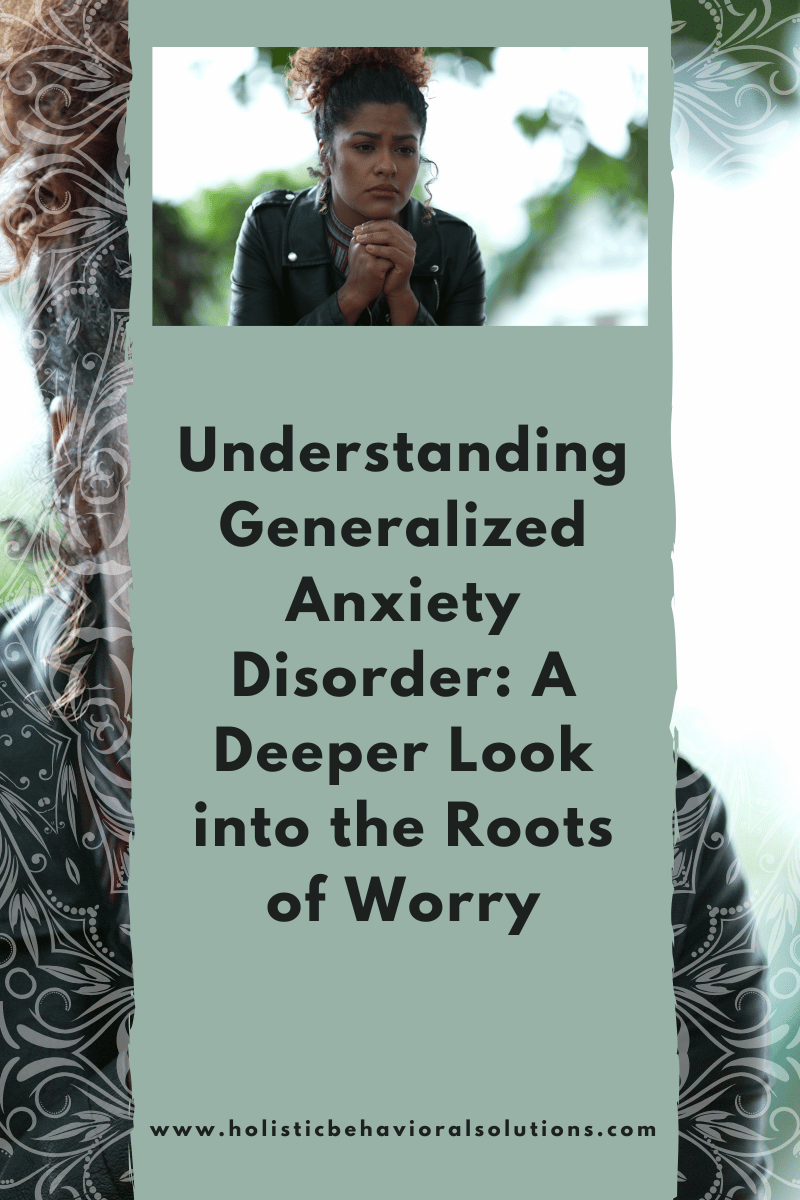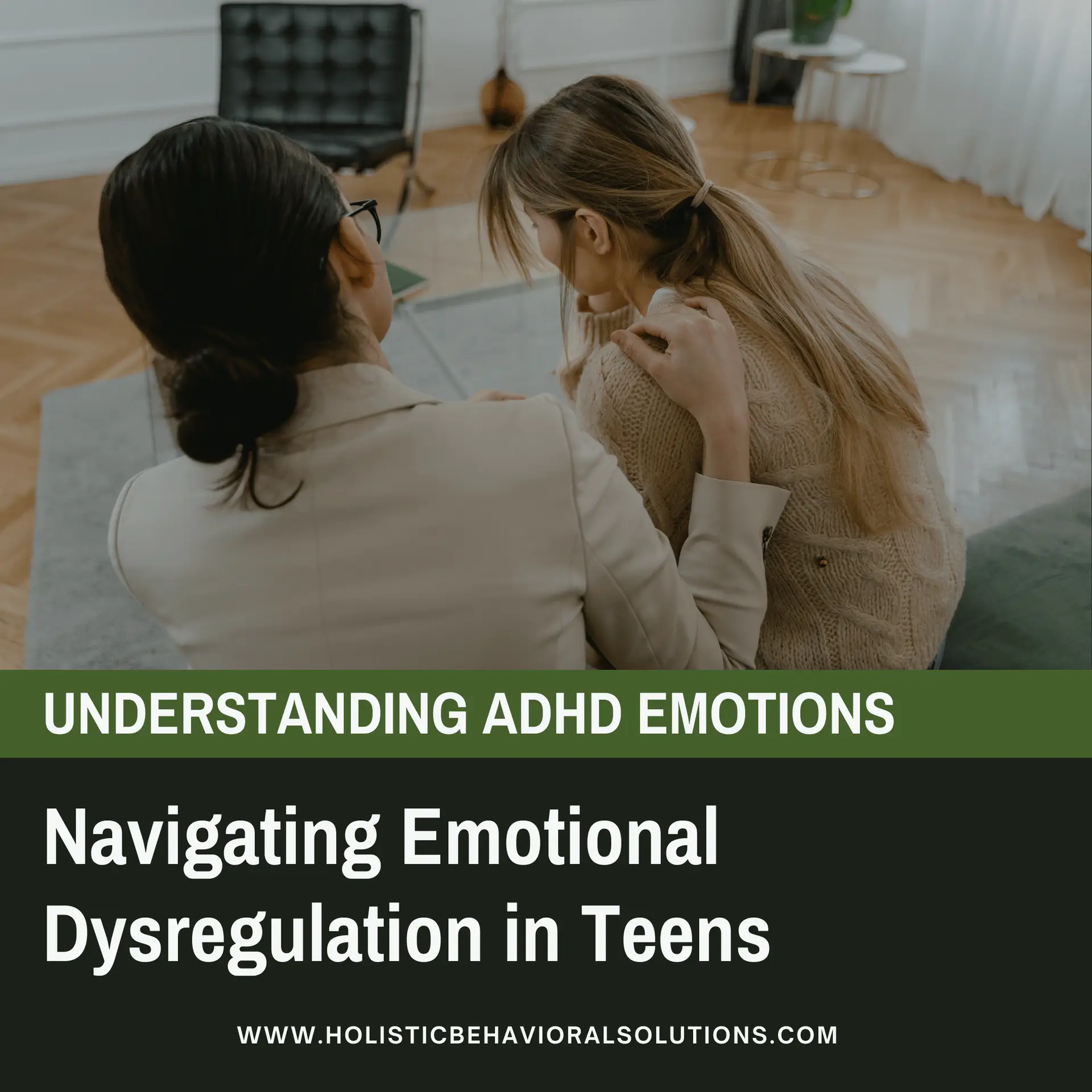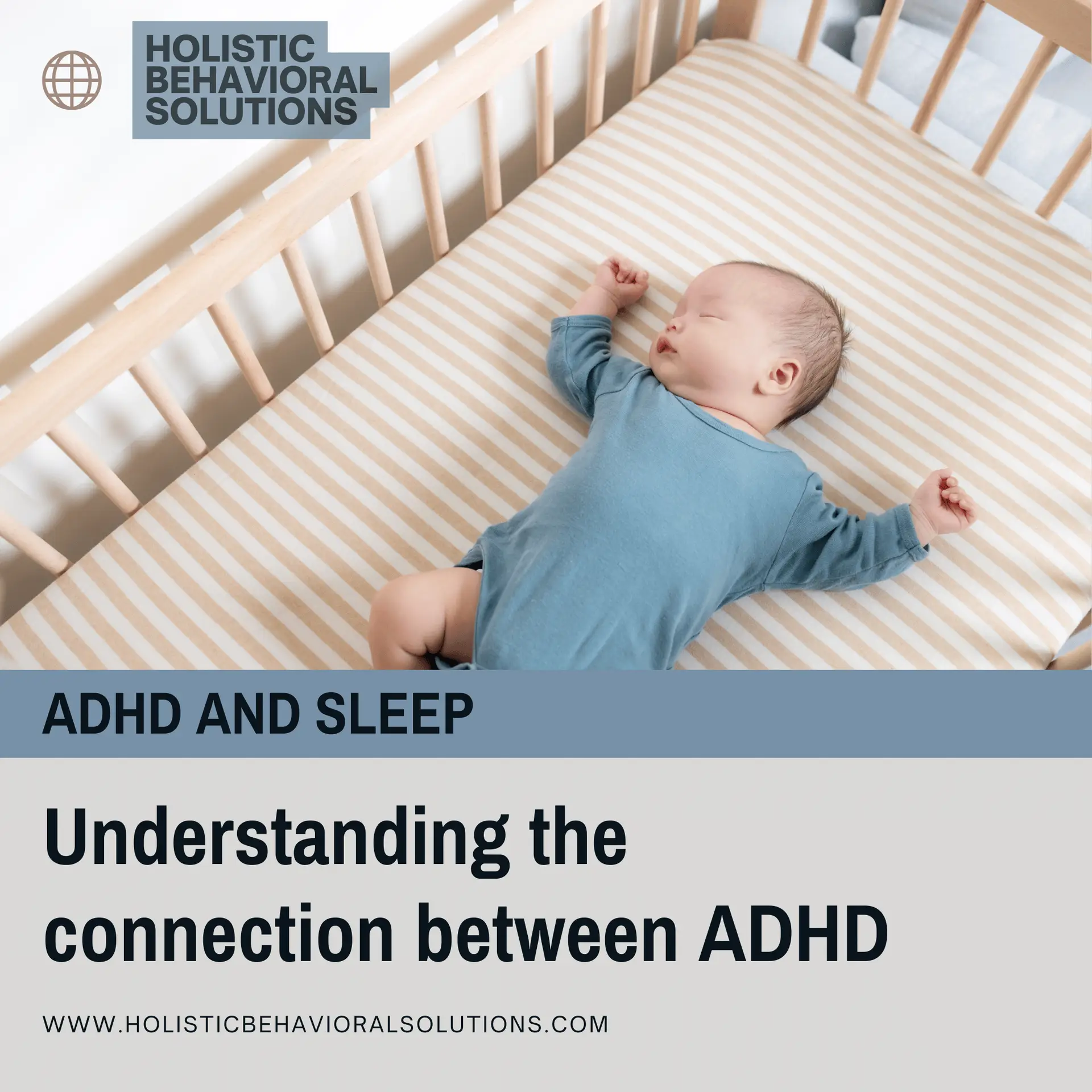Emotion Dysregulation: Attention-Deficit/Hyperactivity Disorder (ADHD) is a condition that’s often discussed in the context of attention difficulties, hyperactivity, and impulsivity. However, there’s a growing body of research indicating that emotion dysregulation (ED) – the inability to manage and respond to emotional experiences appropriately – is also a significant challenge for those with ADHD, particularly during the tumultuous period of adolescence. Let us look at a recent study aimed at shedding light on how ED manifests in young adolescents with ADHD, its relationship with different ADHD subtypes and comorbid conditions like Oppositional Defiant Disorder (ODD), and its impact on aggression, rule-breaking behavior, and social impairment.

